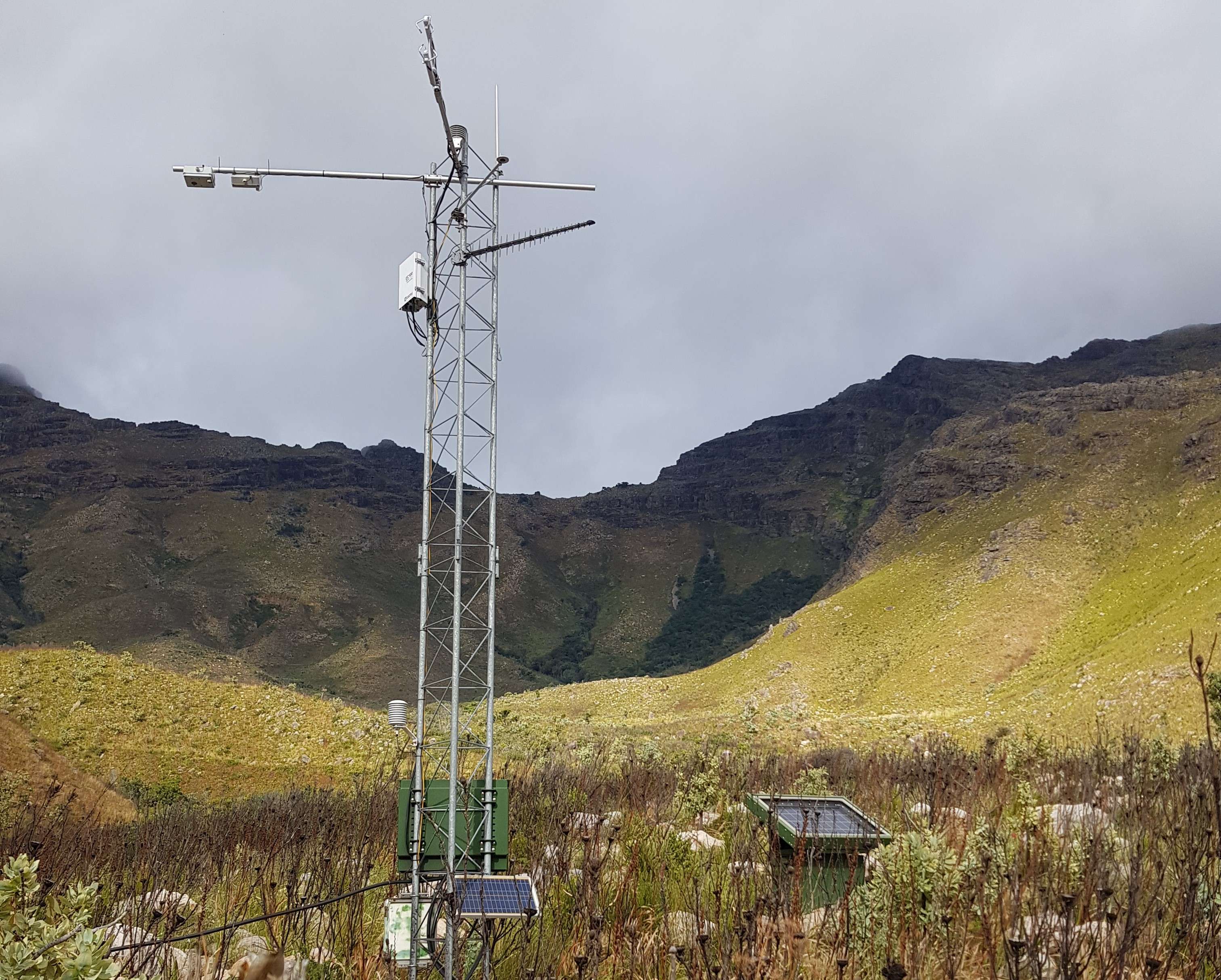
The Institute for Water Research (IWR) is excited to announce that two new projects have been awarded funding by the Water Research Commission (WRC), starting in late 2025. These projects reflect the diversity of water challenges in South Africa — from high-tech modelling of river catchments to the protection of culturally sacred waters.
Project 1: Improving Water Management with Better Hydrological Models
Lead researcher: Dr Julia Glenday
Hydrological models are powerful tools that help decision-makers work out how much water can be supplied to towns, cities, and farmers — or where new dams might be needed. But with pressures from population growth, land-use changes, and climate change, these models need to be as accurate as possible.
This project will develop practical methods for improving hydrological modelling by combining different types of data, from field measurements to satellite remote sensing. One of the case studies will focus on the Cathedral Peak catchments in the Northern Maluti-Drakensberg, part of the EFTEON research landscapes.
The project brings together researchers from Rhodes University, UKZN, UCT, Stellenbosch University, SAEON, ARC, and works closely with the Department of Water and Sanitation and the Water Research Commission.
Project 2: Sacred Waters Under Threat
Lead researcher: Dr Thendo Mutshekwa
In many South African communities, sacred waters are central to Indigenous healing, cleansing, and spiritual practices. This project will bring together Indigenous knowledge and science to better protect these important water sources while also investigating potential health risks.
Researchers will study sacred sites such as the Isinuka springs in the Eastern Cape and the uMtamvuna/Bongwana CO₂ seepage sites in KwaZulu-Natal. The team will look at how these waters are used, as well as possible contaminants like plastics, candle residues, and other pollutants that may affect those who drink, bathe in, or use the waters for medicine.
The project is a collaboration between Rhodes University and partners from the Albany Museum, University of the Witwatersrand, NRF-SAIAB, and Indigenous custodians and healers. By combining cultural knowledge and science, it aims to protect both the spiritual and physical well-being of communities.
